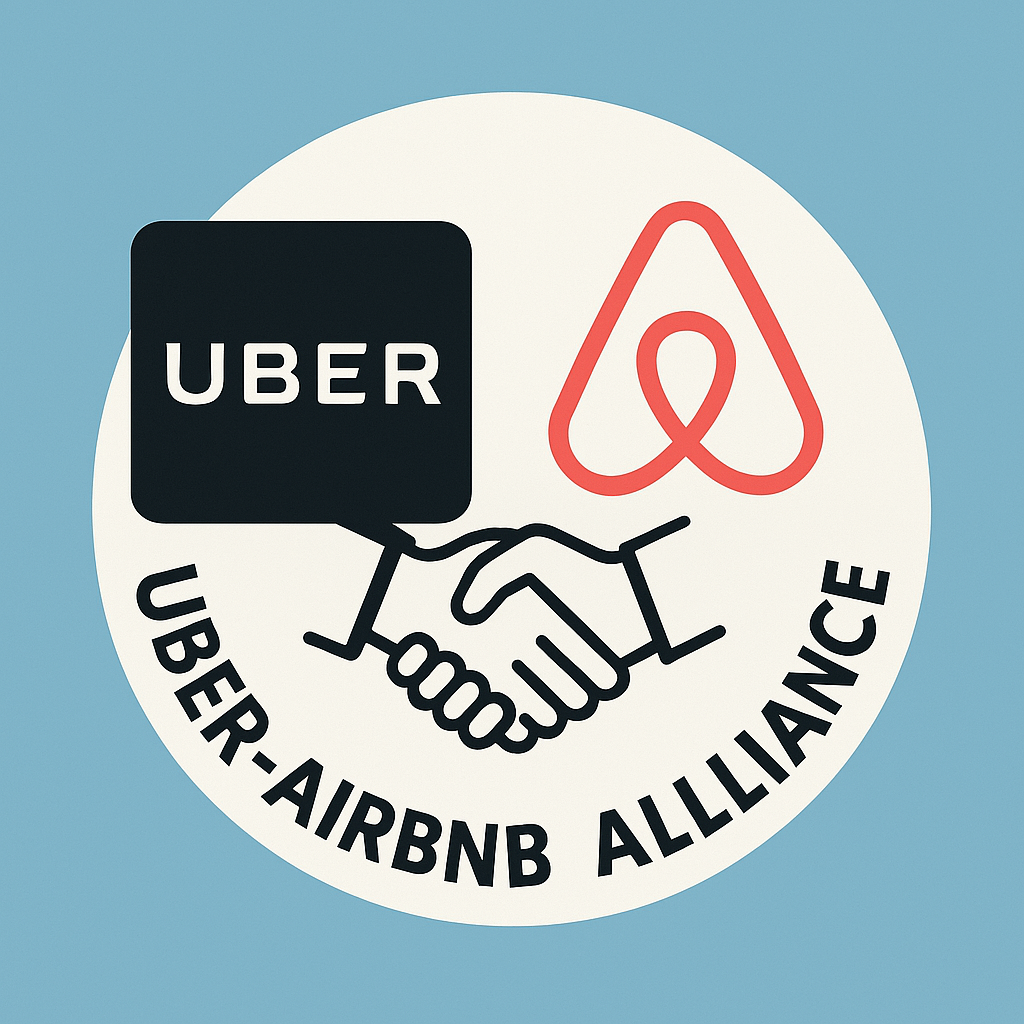Micro, Small, and Medium Enterprises (MSMEs) play a crucial role in the economic landscape of many countries, including Jamaica. As the global economy continues to evolve, driven by rapid technological advancements, it is important for MSMEs to embrace digital transformation to remain competitive and sustainable. This blog explores the concept of digital business, the importance of digital transformation for MSMEs in Jamaica, and provides a roadmap for achieving this critical transition.
Defining MSMEs in the Jamaican Context
In Jamaica, MSMEs are defined based on their number of employees, annual turnover, and total assets. According to the Ministry of Industry, Investment and Commerce (MIIC), micro enterprises have fewer than 5 employees and an annual turnover or total assets not exceeding JMD 10 million. Small enterprises employ between 5 and 20 people with an annual turnover or total assets between JMD 10 million and JMD 50 million. Medium enterprises employ between 21 and 50 people and have an annual turnover or total assets between JMD 50 million and JMD 150 million.
Understanding Digital Business
Digital business involves leveraging digital technologies to create new value in business models, customer experiences, and the internal capabilities that support core operations. The theoretical framework behind digital business is rooted in the integration of digital technologies such as the Internet of Things (IoT), artificial intelligence (AI), big data analytics, and cloud computing to enhance business processes, improve efficiency, and drive innovation.
Digitization, Digitalization, and Digital Transformation
To understand the journey towards a digital business, it is important to distinguish between digitization, digitalization, and digital transformation:
Digitization
This is the process of converting analog information into digital formats. Digitization in many ways is the first phase of any effort to digitally transform your business. However, it comes with its own set of challenges, especially for MSMEs in emerging markets like Jamaica. The two primary costs MSMEs will have to account for are technology investment and user training. The cost of acquiring the necessary technology (e.g., scanners, computers, and software) to digitize records can be difficult for small businesses, who mostly operate on tight budgets and may find it challenging to allocate funds for such investments. User training often involves upskilling the employees of the to use new digital tools and processes effectively. This training requires both time and money, which can strain the resources of small businesses. These challenges can hinder progress and make the initial steps towards digital transformation more complex and resource-intensive.
Digitalization
If you are able to successfully digitize your business, this increases the likelihood of the next phase of this journey, digitalization. This refers to the use of digital technologies to change a business model and provide new revenue and value-producing opportunities. This involves using digital technologies to change business models and create new value-adding opportunities.
One of the primary challenges with digitalization lies in integration complexities. Many small businesses operate with legacy systems that are not easily compatible with modern digital tools and platforms. Integrating these new digital systems with existing ones can be technically complex and expensive, often requiring specialized IT expertise. Additionally, data stored in different formats or locations can create silos, which make it difficult to establish a unified and streamlined digital workflow. Addressing these silos often necessitates substantial restructuring of existing processes, adding further complexity to the digitalization journey.
Another significant challenge is change management. Employees and management might resist new digital processes, particularly if they are comfortable with the traditional ways of doing things. This resistance can slow down the adoption of digital tools and diminish the effectiveness of digitalization efforts. Moreover, moving from analog to digital processes often requires a cultural shift within the organization. Encouraging a digital-first mindset among employees can be difficult, especially in organizations where traditional methods are deeply ingrained.
The skills gap also poses a considerable challenge during digitalization. This activity typically demands a higher level of technical expertise than digitization. Employees may need to acquire new skills to effectively use digital tools, analyze data, and manage digital workflows. However, finding or developing these specialized skills can be a significant hurdle for many MSMEs, particularly in regions where access to advanced training and education is limited.
Digital Transformation
This is a comprehensive, strategic approach that leverages digital technologies to fundamentally change how an organization operates and delivers value to its customers. Achieving digital transformation in a business requires a holistic approach that involves integrating technology, people, processes, and culture. To successfully achieve digital transformation, a business must start by developing a clear vision and strategy. This involves defining what digital transformation means for the organization and setting measurable goals that align with overall business objectives, such as improving customer experience, boosting operational efficiency, or expanding into new markets. Creating a detailed roadmap with specific timelines, milestones, and resources is essential for guiding the transformation process.
Fostering a digital-first culture is equally important. Leadership must drive the initiative, committing to the transformation and promoting a digital mindset across the organization. Engaging employees early in the process through training and development opportunities is crucial to help them adapt to new tools and encourage a culture of continuous learning and innovation.
Investing in the right technology is another critical step. Businesses should choose scalable solutions, such as cloud-based platforms, data analytics tools, and automation technologies that can grow with the company and streamline operations. It’s essential to select technologies that integrate well with existing systems to ensure a smooth transition. Optimizing processes is also key to successful digital transformation. Before implementing new technologies, businesses should assess their current processes to identify inefficiencies and areas for improvement. Automating repetitive tasks can save time, reduce errors, and allow employees to focus on more strategic activities.
Collaboration is vital in this journey. Digital transformation often requires cross-departmental collaboration to identify challenges and develop solutions. Encouraging teams to work together ensures that digital initiatives are aligned with business needs. Additionally, forming external partnerships with technology providers, consultants, and other businesses can accelerate the transformation process by providing access to new technologies and expertise.
Ensuring data security and compliance is critical as the business becomes more digital. Investing in robust cybersecurity measures protects data and systems from threats, while compliance with relevant regulations, such as data protection and privacy standards, is necessary, especially when handling sensitive customer information. Monitoring and adapting the transformation process is essential for success. Businesses should continuously track their progress using data and analytics to measure performance against goals. Being flexible and ready to adjust strategies based on feedback, new developments, and changing market conditions is vital for ongoing improvement.
Leveraging government and private sector support can also provide significant advantages. Many governments offer grants, tax incentives, or other support for businesses undergoing digital transformation. Collaborating with industry associations and private sector partners can offer valuable resources, training, and networking opportunities, helping businesses stay informed about the latest trends and best practices. Engaging customers in the transformation process is another important step. As new digital tools are implemented, businesses must ensure that customers understand how to use them by providing clear instructions, tutorials, and support. Regularly collecting customer feedback allows businesses to continuously improve their digital services, ensuring they meet customer needs.
Finally, planning for continuous improvement is crucial. Digital transformation is not a one-time project but an ongoing process. Regularly reviewing and adjusting the digital strategy helps businesses stay competitive and responsive to changes in the market. Staying informed about the latest trends in technology and digital business enables companies to anticipate changes and opportunities, ensuring they remain agile and innovative in a rapidly evolving digital landscape.
The Need for Digital Transformation in Jamaica
Jamaica’s Vision 2030 aims to make the country the place of choice to live, work, raise families, and do business. Achieving this vision requires a robust digital economy where MSMEs can thrive. Digital transformation is essential for MSMEs to improve efficiency, expand market reach, and enhance customer experiences. According to the Global Competitiveness Report 2019 by the World Economic Forum, Jamaica ranks 80th out of 141 countries in ICT adoption, highlighting the need for significant improvements in digital infrastructure and capabilities.
The Way Forward for MSMEs
Crafting a digital business roadmap requires careful planning and a thoughtful approach to several key factors. First, it’s essential to understand and address the evolving needs and preferences of customers in the digital age. Ensuring that digital initiatives can scale as the business grows is also critical, allowing for adaptability and responsiveness to market demands. Sustainability should be a central focus, with continuous updates and optimization of digital technologies to support long-term success. Collaboration is another crucial element, as leveraging partnerships and alliances can significantly enhance digital capabilities.
In conclusion, the digital business roadmap for MSMEs represents a vital strategy for achieving sustainable growth and competitiveness in today’s economy. By embracing digital transformation, MSMEs in Jamaica can unlock new opportunities, improve efficiency, and deliver enhanced customer experiences, ultimately contributing to the broader goals of Vision 2030.
© Germaine A. Bryan, 2024
Germaine Bryan is a business developer and startup coach supporting startups and MSMEs. Germaine is a skilled tactician in strategic business planning and has helped hundreds of entrepreneurs build their capacity to operate at scale. Germaine is the Managing Principal of Gerbry Business Ltd. For enquires. please email: germaine@gerbry.business


 Businessuite Markets3 weeks ago
Businessuite Markets3 weeks ago
 Leadership Conversations4 weeks ago
Leadership Conversations4 weeks ago
 Businessuite News246 days ago
Businessuite News246 days ago
 Corporate Feature6 days ago
Corporate Feature6 days ago
 Businessuite Women1 week ago
Businessuite Women1 week ago
 Business Insights3 weeks ago
Business Insights3 weeks ago
 Businessuite News24 International6 days ago
Businessuite News24 International6 days ago
 Businessuite Markets1 week ago
Businessuite Markets1 week ago











